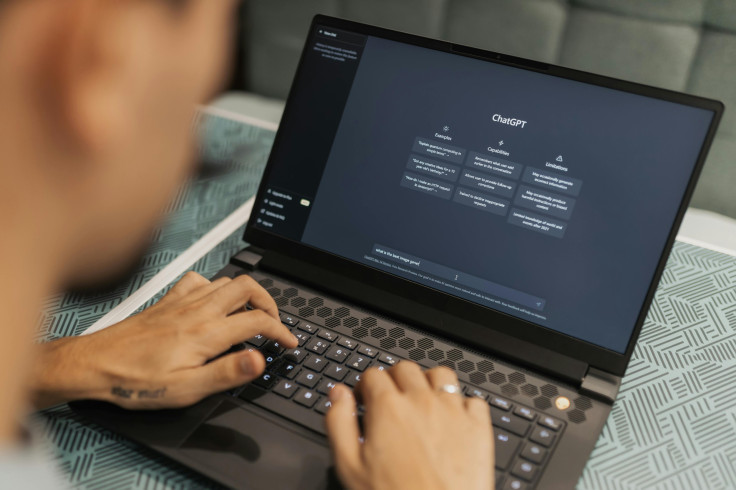While ChatGPT Falters, Claude and Gemini Gather Steam: A Turning Point for AI Users?
ChatGPT's recent outages have sparked a visible shift in user trust, giving rivals like Claude and Gemini the spotlight

When OpenAI's flagship service crashed on 10 June, the digital world witnessed an unprecedented disruption that laid bare humanity's reliance on artificial intelligence.
Error messages reading 'Too many concurrent requests' greeted users worldwide as workflows ground to a halt across industries.
Within hours, Google search data revealed the scale of panic. 'ChatGPT Down' became the day's second most-searched term in America, with half a million queries flooding search engines. British users faced similar disruption as businesses, educational institutions, and creative professionals found themselves suddenly disconnected from their digital assistants.
In its status updates, OpenAI acknowledged 'elevated error rates and latency' across ChatGPT, its Sora video tool, and APIs—a failure lasting over ten hours with voice mode lagging even longer.
The incident quickly prompted a surge in searches for alternatives, and platforms like Claude and Google Gemini seized the moment .
The outage, lasting over ten hours, affected not only ChatGPT but OpenAI's entire ecosystem, including Sora video generation and critical APIs powering countless applications. Voice mode functionality lagged even longer, leaving users particularly frustrated as they attempted to complete time-sensitive tasks.
AI Dependence Meets Downtime
ChatGPT's outage underscored the dependence many have placed on AI. According to MarketWatch, the number of Google searches referencing 'ChatGPT Down' surged by half a million in the US, making it the day's second biggest searched term. Survey data shows that over half of employees now use AI at work regularly, with many students relying on it daily. When the service faltered, many users were abruptly left without assistance at crucial moments.
Claude & Gemini Step into the Breach
Within hours, AI rivals gained ground. Market intelligence suggests:
- Claude searches nearly doubled.
- Gemini queries rose sharply.
Decision-makers and writers swiftly turned to these platforms.
DeepSeek, too, saw a 109% traffic rise, drawing users seeking immediate alternatives. 'That's a clear signal that users perceive alternatives as just that—alternatives... and they're ready to jump ship during an outage,' commented Marc Porcar, CEO of QR Code Generator PRO.
A Shifting AI Landscape?
The outage signals a potential shift: A future where users maintain an AI toolkit, rather than relying on a single model. Claude leans on safety and stability, Gemini offers deep integration with Google's ecosystem, and newer tools like DeepSeek offer niche capabilities. Organisations, in particular, may adopt multi-platform strategies to ensure continuity.
OpenAI on the Back Foot?
OpenAI's handling of the outage has met mixed reviews. The company traced the issue to elevated error rates and latency, fixing APIs by evening but leaving voice functionality lagging. Despite 'full recovery' claims, the lack of compensation or apology has left users wondering about service reliability.
What Lies Ahead
This event isn't just a technical hiccup—it's a wake-up call. Expectations now extend beyond features and performance to robustness and uptime. Experts suggest enterprises will begin building fail-safe frameworks, using multiple AI providers to hedge against outages.
For OpenAI, this is a reckoning: Will it fortify its infrastructure and rethink its redundancy strategy? Or will the moment mark the beginning of a fragmented AI ecosystem, where ChatGPT is just one tool among many?
As services gradually restored, one question lingered: in our rush to embrace artificial intelligence, have we created a digital single point of failure that could cripple productivity when it inevitably stumbles?
© Copyright IBTimes 2025. All rights reserved.





















